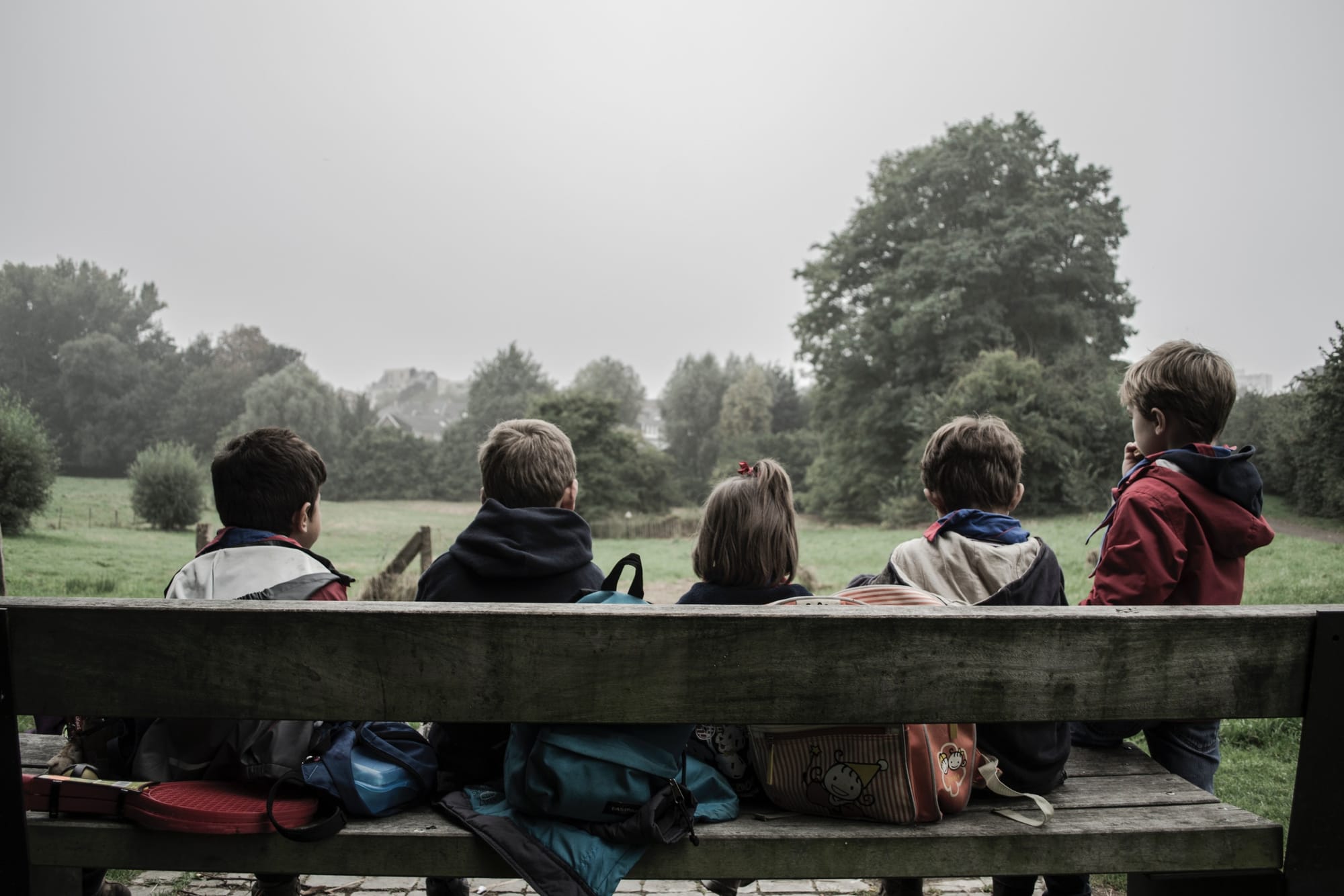Helping children and adolescents with mental illness.

Jason Brien.
Many people improperly assume that children are extremely resilient when it comes to change and adversity. The truth is though, children experience similar ups and downs to us adults which affects the way they feel, think and behave. Whilst children are generally resilient, some children don’t ‘bounce back’ from the downs. This inability to ‘bounce back’ might be a sign that the child is struggling with more serious mental health challenges. If you notice a sudden change in your child’s mood, thoughts or behaviours, it is important to encourage your child to talk to you or any other trusted adult or professional. It is also important to really listen to what your child is saying regardless of how much the truth may hurt.
Listening and showing that you understand your child can both comfort and validate them and their feelings, experiences, etc. It is not always easy to know how to start such conversations but you could start off by saying something along the lines of “I’ve noticed that you have been a bit sad lately and not wanting to play with your toys/friends as much. Has something happened which is making you feel sad or upset”? Likewise, it is important to relate to your child and display/explain to them that it is normal to feel sad, angry, etc. You may say something like “When I’m sad/angry I often… What do you do when you are sad/angry, etc”? This approach can encourage your child to open up knowing that others also experience/feel/think similar things to themselves.
It is also important to keep in mind that just because a child is feeling down, even if for several days, it doesn’t necessarily mean they have a mental health problem. Whilst it is always important to err on the side of caution, there is no value in jumping to conclusions. With this in mind, it is also important not to project your knowledge, beliefs, expectations onto a child presumptuously. What I mean is, everybody, including children, display sadness, anger, etc differently. It is important therefore to understand your child’s experiences FROM THEIR PERSPECTIVE. Allow your child to express how they feel sadness rather than telling them how they should feel sadness. The danger of telling them how they should feel and respond is that they may begin to mischaracterise and mislabel their feelings/experiences.
For example, a child may just be having a naturally tired and lethargic day and so they are irritable and not wanting to play much. Telling a child that they must be sad, upset or angry because of the way they are behaving may lead the child to disbelieve what they are actually feeling “I’m just tired today” in favour of what you are telling them “I must be sad, angry, upset and not tired because mum/dad said so”. It is always important to approach children with curiosity by using an exploratory tone rather than an accusatory tone. Always allow and assist your child to connect their own feelings to their own behaviours and thoughts. Again, these conversations are always age-appropriate and younger children are not always able to verbalise their feelings and thoughts.
Let us now look at some signs that might indicate that your child is experiencing more serious mental health challenges. First, if your child is sad and withdrawn for most days than not for two or more consecutive weeks, something is likely going on. Likewise, any time that a child begins engaging in self-harm or talks about wanting to die, etc., it is time to take things very seriously. Most children will ask questions about death and dying at some point but there is a definite distinction between children asking out of natural curiosity and intention and children asking because they are suffering and so want to hurt themselves.
Children also have a tendency, especially amongst boys, to externalise their behaviours. Externalising behaviours can look like swearing, fighting, biting, punching, yelling, throwing things, acting out, running away, etc. Alternatively, internalising behaviours are more along the lines of withdrawal, quietness, sudden shyness, worry, anxiety, lack of concentration, etc. A child’s environment may also affect how they express their feelings, experiences, etc. For example, a child may do certain things at school which they don’t do at home and vice versa. This is why it is always important to maintain regular contact with the people who also care for your child/ren (teachers, sports coaches, grandparents, etc). Also consider whether factors like diet, tiredness, etc may be influencing the sudden changes in behaviour.
Psychiatric disorders common in children can include ADHD, attachment disorders (Reactive Attachment Disorder – RAD), Adjustment Disorder, Trauma and PTSD, anxiety, depression, Conduct Disorder (CD), Oppositional Defiant Disorder (ODD), OCD, Tourette’s Syndrome, spectrum disorders and learning disorders. It is extremely important to note that children cannot be diagnosed with personality disorders as it is considered unethical. Likewise, disorders like schizophrenia often begin in the later teenage/early adulthood years but they can (rarely) occur much younger. Only a qualified psychiatrist, doctor or paediatrician can diagnose mental health disorders in children.
For the most part, children and adolescents are resilient. Although their developing brains and bodies make them more vulnerable to the effects of mental health problems and psychiatric disorders the same brain plasticity makes them much more able to manage and reverse the neurological changes if they seek treatment as early as possible and preferably before adulthood. It is important for parents, caregivers, teachers and friends to recognise the signs that a child is indeed suffering from mental illness or poor mental health. In terms of treatment, children can benefit greatly from talk therapies like CBT or therapies like play, art or music therapy.
Resources